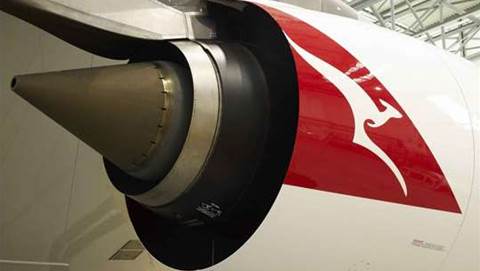IT managers perceive staff turnover rates to be getting worse because of the slowing economy and some IT skills being in short supply, the firm said.
"The first question organisations need to answer is whether their turnover rates are outside the norm and need addressing," said the Computer Economics report.
"The typical organisation in today's environment can view a five per cent [staff] turnover as a normal cost of doing business."
The survey of 71 IT organisations found that those with stronger education and training programmes have lower than average turnover rates, and that staff prefer good training to increased pay.
"IT managers often worry that investments in training will be reaped by other organisations when IT workers shop their new skills around," said John Longwell, director of research for Computer Economics.
"But this study indicates that investing in training is actually the best way to retain employees."
The factors commonly perceived as influencing staff turnover are:

- Education and training opportunities
- Flexible schedules
- Work environment
- Social environment
- Pay
- Insurance benefits
- Employee recognition programmes
- Paid time off
- Retirement programmes
- Telecommuting opportunities
"While offering competitive salaries and benefit packages may be important for recruitment, providing quality-of-life incentives and enhancing working environments are more important for retention," Longwell concluded.
The report advised organisations to distinguish between programmes to recruit qualified employees and programmes to retain staff.




_(20).jpg&h=140&w=231&c=1&s=0)





 iTnews Benchmark Awards 2026
iTnews Benchmark Awards 2026
 iTnews Executive Retreat - Security Leaders Edition
iTnews Executive Retreat - Security Leaders Edition
 iTnews Cloud Covered Breakfast Summit
iTnews Cloud Covered Breakfast Summit
 The 2026 iAwards
The 2026 iAwards












_(1).jpg&h=140&w=231&c=1&s=0)



